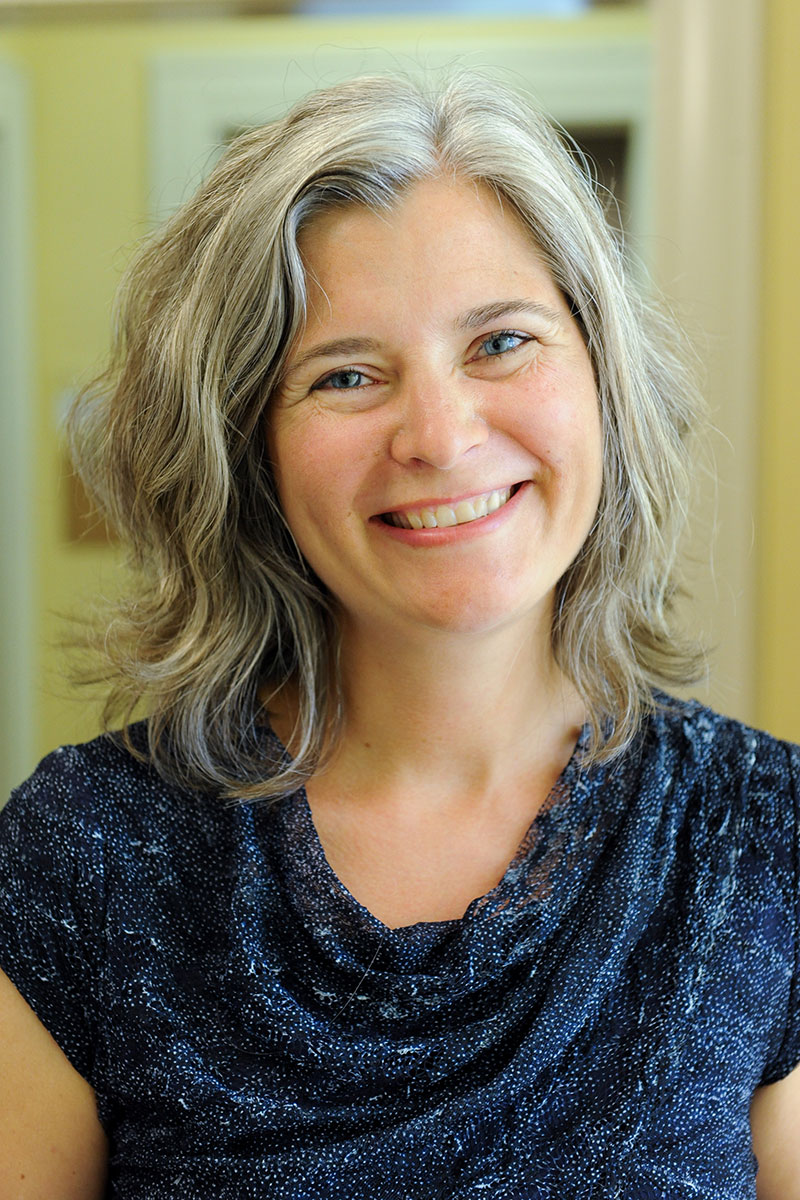Lydia Murdoch Awarded an NEH Summer Research Stipend for London Archival Research on the East India Company and London Foundling Hospital

Professor of History Lydia Murdoch is awarded an NEH Fellowship to undertake research for her book project, Children as Medical Subjects and the Early-Nineteenth-Century Global Spread of the First Smallpox Vaccines, which investigates the particular contributions of children to early nineteenth-century vaccination through microhistories of the London Foundling Hospital and East India Company programs in South Asia.
Following Edward Jenner’s discovery of the cowpox vaccine against smallpox in the 1790s, scientists raced to transmit vaccines globally. They tried many methods, but humans—particularly children—at first proved the most effective carriers. In December of 1803, twelve five-year-old children boarded the Carmarthen, an East India Company ship, to set sail on the one-month trip across the Bay of Bengal from Calcutta to the Company outpost at Fort Marlborough in Sumatra. A week before their departure, two of the children were vaccinated for smallpox, so that by the time they left they exhibited the telltale pustules of successful vaccination. From these two children, the ship’s doctor extracted lymph material to vaccinate two more children, and then repeated the process for each week of the voyage—a method of successive vaccination practiced to keep the virus alive. Unable to find willing subjects for the voyage, the East India Company secured the children from the Military Orphan Society. Meanwhile, in London, working-class and institutionalized children proved essential to the development of the first vaccines.
The project explores children’s participation—sometimes consensual, more often not—as subjects of scientific experiments, as human vectors in global vaccination campaigns, as incubators of lymph for public use, and as focal points of rising antivaccination movements. Understanding the challenges and limitations of the first vaccination public health programs helps navigate the contemporary rifts between social policy and science brought to light by the global COVID pandemic and antivaccination movements.
